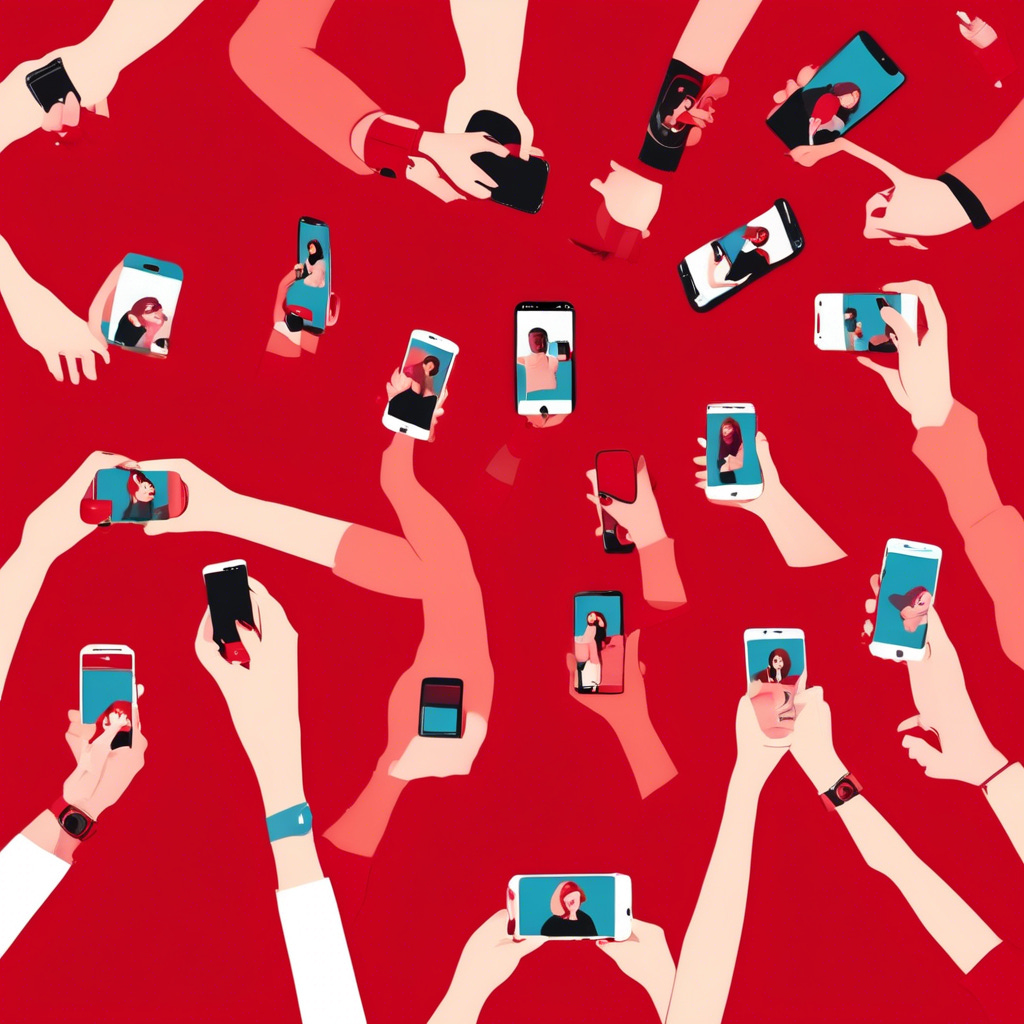It’s The Battle of AI Video Now – Consumers Will Probably Lose The Most.
Win-Win-Lose?

It used to be called the AI war or the AI battle, but now it’s even more specific. It’s becoming all about video. In case you haven’t heard, companies like Google and GPT are going nuts with their video generation tools that create something very close to reality. It’s similar to the moment when some AI-generated images became indistinguishable from real ones. This is the state we’re in right now.
The only reality you’re not going to read about online is who will lose the most in this feud. Spoiler alert: it’s us, the consumers. Let’s go back to basics. Video is extremely important. Whether or not you believe that social media platforms like Instagram and TikTok are addictive—and there’s plenty of evidence to suggest they are—the concept of video is crucial in our global economy. We rely on it more than we realize.
In big corporations, onboarding videos save time and convey critical information efficiently. Educational videos have shaped YouTube, with countless people swearing by the transformative power of video-based learning. Video as a medium is what made TikTok and Instagram such massive successes. People like to see, to watch, and to be entertained or informed. That’s the core of it.
AI Video Changes Everything
Now, as consumers, we’re not being adequately warned about the massive changes coming to video. What used to take creators days of work to produce—something people would watch, enjoy, and benefit from—will soon take AI tools mere minutes to generate. While this might sound cool, it’s actually quite scary. Yes, we’ll get a flood of new content. But the context behind that content is shifting dramatically.
For example, if you’re looking for a video explaining how to care for a specific plant, you’d traditionally rely on a creator who spent time researching and filming that video. But now, AI tools can instantly generate the same content based on your query. They can even customize the video to your preferences. If you’re a 14-year-old who prefers fast-paced, engaging videos, AI will deliver. If you’re more into slow, detailed explanations, AI will adjust accordingly.
The Quality Conundrum
While this might sound like progress, it’s also a significant problem. The quality of content is at stake. People subscribe to YouTube channels, like videos, and engage with creators because there’s a human connection and creativity behind the content. The world of AI doesn’t operate the same way.
If a machine generates a video, viewers might assume it’s accurate. But AI doesn’t always get it right. It might confidently present misinformation. For instance, imagine AI confidently asserting that red avocados exist. Whether they do or not, many people would believe it—just as they trust AI-generated text or images without questioning its authenticity.
This gets even more problematic with videos about sensitive topics like global catastrophes or natural hazards. AI-generated misinformation could spread fear and confusion. Without proper regulation, this technology poses a real risk to how we consume and trust information online.
The Regulation Gap
Right now, there’s no meaningful regulation for AI video generation. These tools will continue to proliferate, and the content they produce will flood the internet at an alarming rate. What can we do as consumers? Educating ourselves about AI-generated content is a good start, but it’s not foolproof.
There’s no reliable AI detection tool. Most of these tools aren’t accurate because the objective of AI is to mimic humans as closely as possible. This makes AI detection inherently flawed. Even when it comes to AI-generated writing, tools can easily bypass detection by tweaking their wording or using more creative phrasing. The same principle applies to video.
What Can Be Done?
Since we can’t reliably detect AI-generated content, our best bet is to trust credible sources. This will require a shift in how we seek information. Instead of simply searching online for an answer, we’ll need to rely more on trusted individuals or organizations. The internet as we know it is becoming less about finding truth and more about navigating an overwhelming sea of content.
In this new landscape, consumers are left with fewer tools to distinguish real from fake. The battle of AI video might sound like a race between tech giants, but the real casualties are our trust and understanding of the digital world. Tough times are ahead. It’s time to open our eyes and prepare for the challenges this new era will bring.

